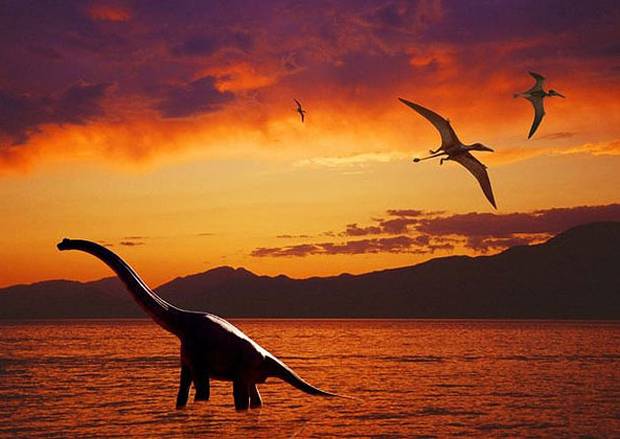Huge crocodile-like reptile roamed the Earth before dinosaurs took over
Animal’s name means “predator crocodile”, and it had huge knife-like teeth

Your support helps us to tell the story
From reproductive rights to climate change to Big Tech, The Independent is on the ground when the story is developing. Whether it's investigating the financials of Elon Musk's pro-Trump PAC or producing our latest documentary, 'The A Word', which shines a light on the American women fighting for reproductive rights, we know how important it is to parse out the facts from the messaging.
At such a critical moment in US history, we need reporters on the ground. Your donation allows us to keep sending journalists to speak to both sides of the story.
The Independent is trusted by Americans across the entire political spectrum. And unlike many other quality news outlets, we choose not to lock Americans out of our reporting and analysis with paywalls. We believe quality journalism should be available to everyone, paid for by those who can afford it.
Your support makes all the difference.A new prehistoric giant reptile has been found. The giant crocodile-like animal was 9 feet long, had huge teeth like steak knives and roamed the world before dinosaurs took over it.
It has bony plates on its back, like a crocodile, and legs that lie underneath the body.
The new animal, known as Nundasuchus, was found by a researcher at Virginia Tech. It is not a dinosaur, but one of the large reptiles that roamed the Earth before dinosaurs took over it.
“The full name is actually Nundasuchus songeaensis,” said Sterling Nesbitt, the assistant professor of geological sciences who found the animal. “It’s Swahili mixed with Greek.”

The basic meaning is Nunasuchus is “predator crocodile”, and the songeaensis refers to the town where the bones were found. The remains wer ediscovered in southwestern Tanzania, during a dig for birds and crocodiles.
"The reptile itself was heavy-bodied with limbs under its body like a dinosaur, or bird, but with bony plates on its back like a crocodilian,” said Nesbitt.
The findings have been reported in the Journal of Vertebrate Paleontology.
Nesbitt and others found the bones in 2007, when he was a graduate student, but have been working ever since to piece the thousands of pieces together. Most of the skull has still not been found, despite three trips to the site and a reported 1,000 hours of time spent finding parts and putting them together.
Nesbitt said that he knew within 30 seconds of finding the first bone that it was a new species.
Subscribe to Independent Premium to bookmark this article
Want to bookmark your favourite articles and stories to read or reference later? Start your Independent Premium subscription today.
Join our commenting forum
Join thought-provoking conversations, follow other Independent readers and see their replies
Comments